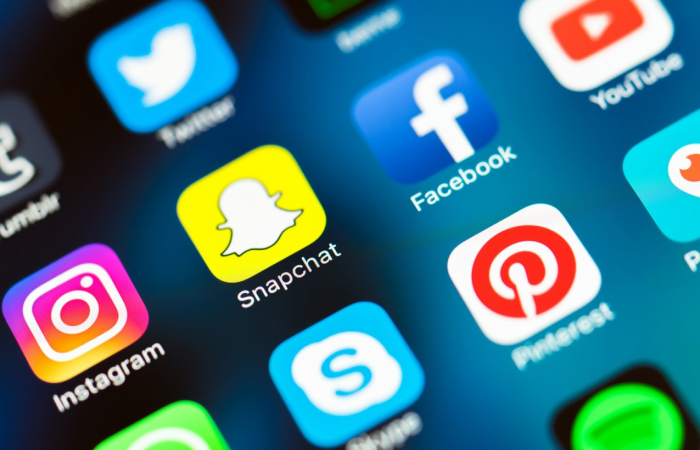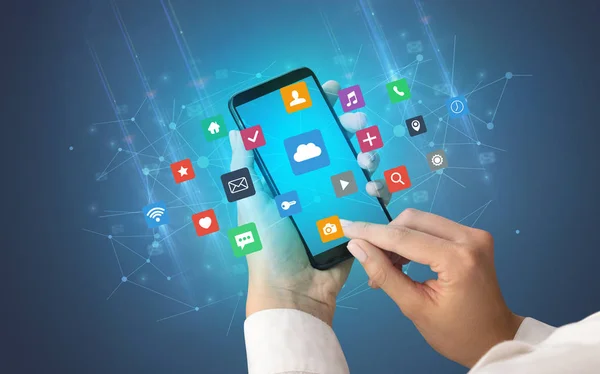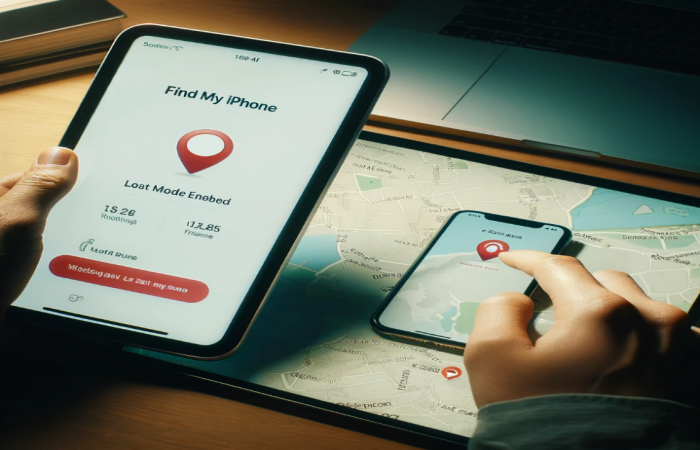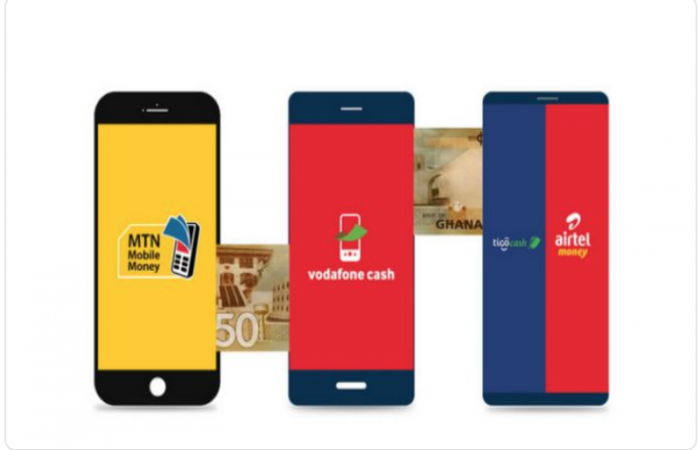
The Hidden Costs of Free Apps
We’ve all been there—scrolling through the app store and spotting that shiny, new app marked “FREE.” With just a tap, it’s installed on your phone, promising to make life easier, more fun, or more productive. But have you ever wondered how these free apps make money? After all, developers have to keep the lights on somehow, right?
The reality is that many “free” apps aren’t truly free. While they might not charge you upfront, they often collect, share, or sell your data behind the scenes. Welcome to the world of freemium apps—a business model that uses your data to turn a profit.
In this article, we’ll peel back the curtain on how these apps work, what they do with your data, and how you can protect your privacy.
1. What Are Freemium Apps?
Freemium apps are free to download and use but often include in-app purchases or premium features that require payment. They might also display ads to generate revenue. Popular examples include social media platforms like Facebook and Instagram, mobile games, and productivity tools like Dropbox or Evernote.
However, even if you never spend a dime on in-app purchases, you’re still paying in a different currency: your data.
2. How Do Free Apps Make Money?
If an app isn’t charging users directly, chances are it’s generating revenue through data collection and advertising. Here’s how it works:
Data Collection: Many apps track your activities—what you click on, how long you use the app, your location, and even your contacts or browsing history. This data is then analyzed to build a detailed profile of you.
Targeted Ads: Advertisers pay app developers to show you personalized ads based on your data. The more data the app collects, the more accurately it can target ads, making them more valuable to advertisers.
Selling Data to Third Parties: Some apps go a step further by selling your data to third-party companies, which use it for marketing, research, or even reselling to other businesses.
Example: In 2021, TikTok faced scrutiny over how much data it collects, including device information, location data, and user behaviour across the app. While this data helps tailor the content and ads users see, it raises questions about how much information is being shared.
3. What Kind of Data Are You Giving Away?
It’s easy to overlook the permissions you grant when downloading an app, but these permissions often give developers access to far more data than you might realize. Common data collected by apps include:
Location data: Some apps track your location even when you’re not using them.
Contacts and calendar: Apps often ask for access to your contacts and calendar, even if the app doesn’t need to function.
App activity: Many apps monitor how you interact with other apps, your browsing habits, and even your purchases.
4. The Privacy Risks
The collection of your data doesn’t just lead to personalized ads—it can have more serious consequences. Data breaches are a major concern, as personal information stored by apps can be exposed during a cyberattack. Additionally, apps that collect sensitive data, like health or financial information, pose a greater risk if that data is mishandled or sold.
Example: In 2020, fitness app Strava made headlines when its data inadvertently revealed the locations of secret military bases. This incident highlighted the unintended consequences of sharing location data publicly.
5. How to Protect Your Data While Using Free Apps
The good news is that there are ways to protect yourself while still enjoying your favourite apps. Here’s how you can stay safe:
Review Permissions: When installing an app, check what permissions it’s requesting. If an app asks for access to data that seems unnecessary (e.g., a flashlight app requesting location access), consider whether you need the app.
Limit Data Sharing: Most apps have settings that allow you to limit data sharing or opt out of prompt ads. Go through the app’s privacy settings and adjust them to your comfort level.
Use Alternatives: Look for paid apps or apps with better privacy policies. Sometimes paying a small fee for an app can mean better privacy protections.
Regularly Review Your Apps: Delete any apps you no longer use and periodically review the permissions of the ones you keep.
6. Are Paid Apps Safer?
Paid apps don’t rely on advertising or data collection as much as free apps, but they’re not always a guarantee of better privacy. Always check the app’s privacy policy before downloading, and be wary of apps that seem to request excessive data.

Conclusion: Free Isn’t Always Free
The next time you download a free app, remember that you might be paying with your data. While freemium apps offer convenience and entertainment at no cost, they often come with hidden privacy risks. By being more mindful of the data you share and taking steps to protect your privacy, you can enjoy the benefits of these apps without sacrificing your personal information.
Call to Action:
What free apps do you use the most? Have you ever looked at their privacy settings? Share your thoughts in the comments!
For more tips on protecting your data in the digital world, follow us on Facebook at Black Pen Stories!
















